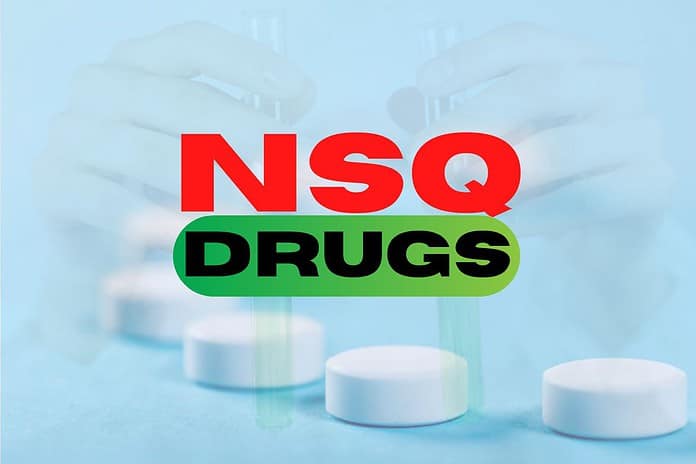Last Updated on October 11, 2024 by The Health Master
The capacity of National Institute of Biologicals (NIB) to test different types of biologicals has increased during the last five years from 177 in 2015-16 to 262 in 2019-20.
Talking in terms of batches, NIB evaluated 2014 batches of biological samples in 2019-20 including 1692 batches under Drugs & Cosmetics (D&C) Act and Rules thereunder, 310 from State Medical Procurement Agencies and 12 vaccine samples from Bangladesh.
Out of the total samples tested, 3.52% (i.e. 71 batches out of 2014) were found to be of Not of Standard Quality (NSQ).
NIB is an APEX autonomous Institute under the administrative control of Union health ministry engaged in quality control evaluation of various biological products like vaccines, blood products, blood reagents, sera, immuno-diagnostic kits etc. produced and imported in to India.

NIB laboratories have participated in various International/ National External Quality Assurance Assessment Scheme (EQAAS)/Proficiency testing by various external agencies like European Directorate for the Quality of Medicines (EDQM)-France, WHO- Geneva, National Serology Reference Laboratory (NSRL) – Australia, Christian Medical College (CMC) Vellore in order to assess and strengthen the laboratory’s testing performance.
The major contribution towards the quality assurance of various biologicals is emphasized through preparation of various National Reference standards and sera panels. The first National Reference Standards for Blood Grouping Reagents anti-A and anti-B was released officially on April 16, 2019.
Also read:
Drug alert: 14 out of 1204 samples declared as NSQ in February 2021
Drug alert: 16 out of 1001 samples declared as NSQ in January 2021: CDSCO
15 samples out of 943 declared as NSQ in December: CDSCO
14 samples out of 746 declared as NSQ in Nov 2020: CDSCO
The institute is also the nodal organization in development and also the sole repository for National Reference Standards for Human Insulin and Insulin Lispro and HIV, HBsAg, HCV and Syphilis performance panel.
The collaboration with WHO Collaborating centres like National Institute for Biological Standards and Control (NIBSC) for development of International Reference Standards for Biotherapeutics, specifically Monoclonal Antibodies and plasma derived ones has reiterated the international stature of the institute in the field of quality control of biologicals.
The NIBSC plays a leading national and international role in assuring the quality of biological medicines and diagnostics.
The institute has also contributed in developing as well as upgradation of Indian Pharmacopoeia monographs in the field of Biologicals. National collaboration(s) with reputed national organizations for validation studies of test methods intended for quality evaluation of biologicals and diagnostic kits and reagents and also as subject experts for Joint inspection of manufacturing facilities, brings out the contribution of NIB scientists in strengthening the indigenous development of medical devices, biotherapeutics and prophylactic medicines.
The scientists have also been invited for sharing their knowledge through expert committee meetings of BIRAC Start Ups, CPCSEA, BIS technical committee etc. and as invited speaker for Haemovigilance Programme of India (HvPI). The nomination of NIB scientists as faculties for international conferences, meetings and workshops have reinforced the global presence of the institute and its role in strengthening the regulations, testing and manufacturing of biologicals.
NIB has been contributing towards safety of blood transfusion as the National Coordinating Centre for HvPI which was launched on December 10, 2012 across the country.
This year 15 Continued Medical Education (CMEs)/national level workshops were conducted for creating awareness on importance of reporting adverse transfusion reactions. A total number of 1638 participants which includes blood bank officials, clinicians, nurses, blood donor motivators and blood bank technical staff were trained in these CMEs/workshop organized by HvPI division of NIB.








